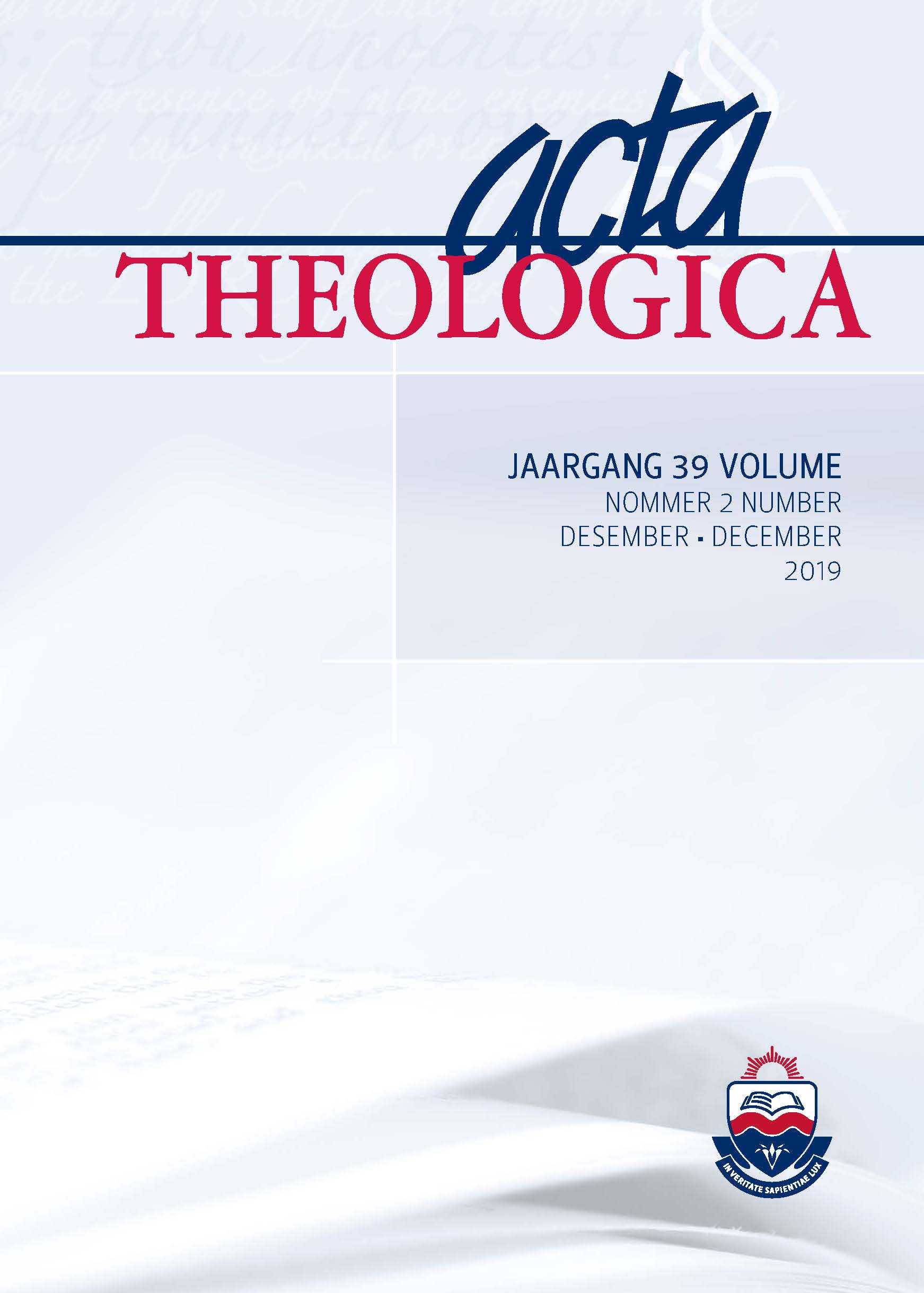HOMILETIC CONTOURS FOR PREACHING TO LISTENERS WHO FEAR THE DISASTROUS CONSEQUENCES OF CORRUPTION, WITH AN EMPHASIS ON COGNITIVE DISTORTIONS
DOI:
https://doi.org/10.38140/at.v39i2.4105Keywords:
Corruption, Cognitive distortions, Fear, HopeAbstract
Research in the field of homiletics indicates that preachers have to reckon with the problematic praxis of fear caused by the effects of cognitive distortions regarding corruption. This article investigates the role that preachers can fulfil by not merely being brave from a distance. The research problem is as follows: Is it possible that the distorted cognitions of preachers and listeners could cause them to engage in a nitpicking process that allows hope to be held captive by fear? To what extent can a clear understanding of the essence of sermon delivery enable listeners to realise that hope has to do with a definite calculating process (cognition) that incorporates the yet and not yet reality. The article provides descriptive perspectives on a problematic praxis, offers strategizing perspectives from social psychology and scrutinises the essence of people’s understanding of corruption and societal issues. It explores the normative vantage points of seeing, fearing God and the paradoxical nature of hope. The role of people’s ability to view reality seems to be pivotal for the experience of meaningfulness. The article uses a hermeneutical interaction
between the elements of research. In conclusion, the article offers practical theological perspectives.




